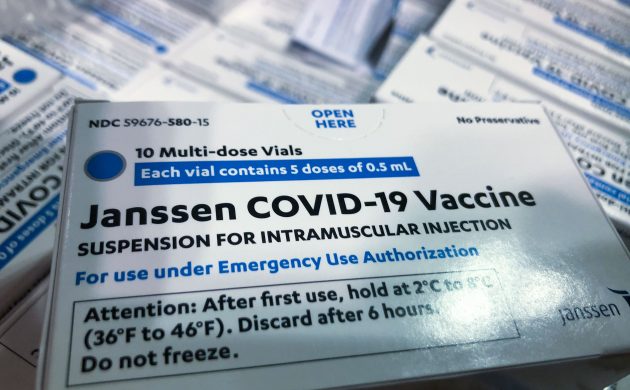https://services.aap.org/en/pages/2019-novel-coronavirus-covid-19-infections/children-and-covid-19-state-level-data-report/
I'd like to start this discussion with data released by the AAP 2 days ago. To look at the granular data you must download the full reports, linked at the URL above as pdfs.
Having dealt with US Covid data for over a year, the most germane message I have come away with is that US data are seriously screwed up. And I finally concluded it was all deliberate. It seems that one purpose of the Centers for Disease Control and Prevention is to generate bizarre statistics in order to make it impossible for ordinary citizens to use them in a methodologically appropriate way.
Here is one way this is done. Each state collects data in a unique or idiosyncratic manner. So how could you expect CDC to get the numbers right? But CDC gives huge grants to the state public health agencies, which bend over backwards to give CDC what it wants, when they are paid to do so. In January, the CDC announced it would be doling out $22 Billion dollars to the states and territories for activities related to Covid, especially track-trace, testing and vaccinations. Do you think some cohesive data collecting could be thrown in for a sum like that?
From my perspective, which could be incorrect, this confusion is how the CDC wants it. Keep the public stupefied. After all, that has proven to be the M.O. for all things Covid so far.
Tonight's example has to do with child mortality from Covid. The American Association of Pediatrics has been posting detailed statistics about child cases, hospitalizations and deaths on a regular basis. But they don't have data for all the states. Instead, they provide pediatric data for 43 states, New York City, Puerto Rico and Guam. And they also list 11 states which have just made a change in how they report their data. Nebraska took its Covid dashboard offline on June 30, 2021. Really?
It gets better. The AAP posts hospitalization data for 23 states and New York City. And testing data comes from 11 states. And states or territories or cities can revise their case counts at any time. [A county in California recently reduced their reported Covid deaths by about 30%.
It gets even better. The definition of the pediatric age group varies by state. Some states use 0-17 years. Some use 0-18 years, some 0-19 years and some 0-20 years.
Surely the CDC has better data than this? Here is what CDC had to say in an MMWR report on 121 deaths during the first 6 months of the pandemic, in those under 21, published last September. BTW, 78% of those deaths were in Black, Hispanic or Native populations. Seventy-five percent of the children who died had pre-existing conditions.
Fifty states, New York City, the District of Columbia, Puerto Rico, Guam, and the U.S. Virgin Islands were asked to submit information on SARS-CoV-2–associated deaths among persons aged <21 years, including COVID-19 or MIS-C case status (as determined by each jurisdiction), demographics, dates of illness onset and hospitalization, underlying medical conditions, and location of death. Number of days from illness onset to hospitalization, days from hospitalization until date of death, and days from onset to date of death were calculated for decedents with available data...
Among the 55 health jurisdictions invited to submit information on SARS-CoV-2–associated deaths among persons aged <21 years, 47 responded...
So, if you try to generalize, you cannot, because each state collects its data uniquely. Not all appear to provide CDC with the "requested" data. CDC blames the states. And only the central government probably knows what is going on, but they make it very hard to catch them out.
Using the AAP data (released 2 days ago) there were 344 pediatric Covid deaths reported (which include some people up to age 21, but omit some states and include some territories.)
If you go to the CDC's National Center for Health Statistics there have been 335 deaths in the US in the age 0 through 17 age group from Covid since the start of the pandemic. The NCHS further tells us that these deaths account for 0.7% of all pediatric deaths during the pandemic period.
If you want to search NCHS for adult deaths, CDC has thrown a few curve balls there, too. Most adult age groups listed span 10 years. But one age group, 50-64, spans 15 years.
There are 74 million children in the US. They makes up 22% of the population, but only 0.05% of the Covid deaths. Only 1/4 of the children who died were perfectly healthy. Let me repeat that. Only about 85 healthy US children (roughly one in a million kids) have died of Covid since the start of the pandemic, according to the CDC.
Is Covid an emergency for children? Are the risks from the vaccines (myocarditis, blood clots, Guillain Barre syndrome and others not yet defined) outweighed by the benefits?


























